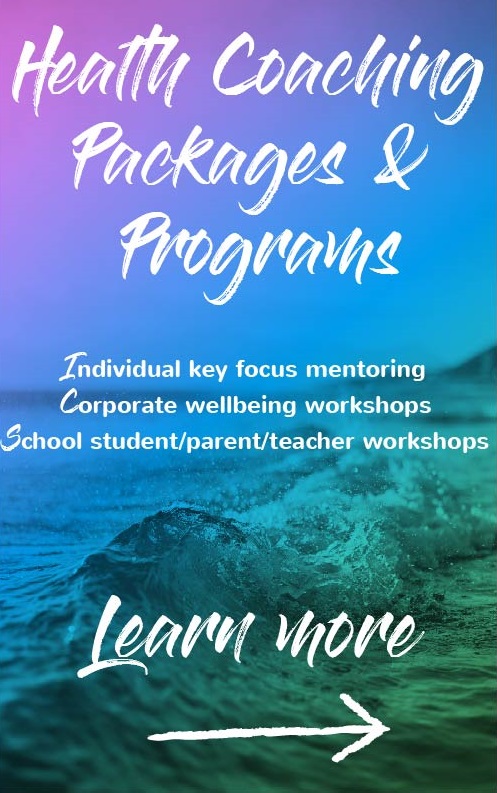Ah, spring has sprung in Australia, which brings the prospect of longer days, warmer mornings, inviting ocean temperatures and fewer layers… There is a real sense of awakening from hibernation. Spring is good like that, it brings forward a craving for renewal and fresh starts.
Although spring is synopsis with new beginnings, winter was personally a gentle one. The days were beautiful and warm and illness was minimal (touch wood). I feel I am entering spring seamlessly but also understand I’m in the minority.
When life throws us curve balls, perhaps through illness, sick kiddies, ridiculous outside temps or lack of daylight we tend to develop new eating habits and patterns. Soon enough these ‘new patterns’ become us – we become stuck and know no different. It can be super hard to break free from rolling around in the ‘a rut’ with a re-calibration of habits high on the agenda. Adding simple strategies helps build momentum and energy so that you are forcefully thrust from the proverbial pothole to begin your journey on a more desired path.
What is the first thing that enters your mind when you hear spring? For many, I know it is ‘juice cleanse’. This is a repeated behaviour that society has to lead us to believe is the right thing to do. There is actually no scientific research to say that this is, in fact, beneficial to our system, with the power to cleanse already held within us. The preferred method as a Nutrition and Health Coach is to cleanse habits.
Why are we driven to the depths of drastic fads?
Fad diets tend to appeal more to people’s vanity than to their desire to stay healthy. They promise a quick fix rather than a long term solution – it feeds our need for instant gratification rather than taking a deeper look into why certain behaviours around food and exercise exist.
So before you next feel tempted to search for a celebrity diet or try a juice cleanse try these 5 simple tips instead.
5 Non-Diet Tips To Help Spring Clean Your Eating Habits
Change your value system
Make a decision to value your health over immediate satisfaction, to value the long term over the short term. Living in a body that is agile, healthy and free of illness is more satisfying than the instant gratification that comes with fast (short term) fixes.
Maintain a food diary for 1 week.
I cannot reiterate how damn important this step is. As confronting as it is, a food diary brings patterns to the surface that require attention and awareness. With our lives being so busy we act on autopilot which means unconscious decisions and mindless eating.
Listen to the inner critic
Begin honing in on the inner critic that leads to self-sabotage, unproductive behaviours. Try working out what’s going on behind the scenes then close your eyes and imagine a more pleasant-sounding inner voice – one that shares self-compassion and is empowering with positivity.
Ask yourself if you’re truly hungry or just emotional
Habits are habits. Quite often we fail with food because we don’t understand what’s going on in our head. Our relationship with food is our most intimate, yet so many of us don’t understand how to manage it. Ask yourself questions such as “Is there really room for more”, “Am I truly hungry, or could it be tiredness, boredom, anxiety or sadness”. Eat when you’re hungry and stop when you’re full. Don’t over complicate or give unnecessary power to food.
Start crowding out unhealthy choices with fresh salads and vegetables
Ok, ok I did say non-diet techniques and I do favour non-diet techniques when it comes to improving eating habits but this tip cannot go unnoticed. If you fill your plate with fresh wholesome salads and vegetables and crowd out unhealthy choices. We are entering the salad season so push aside denser meals and get busy in the kitchen with inspiring recipes.






